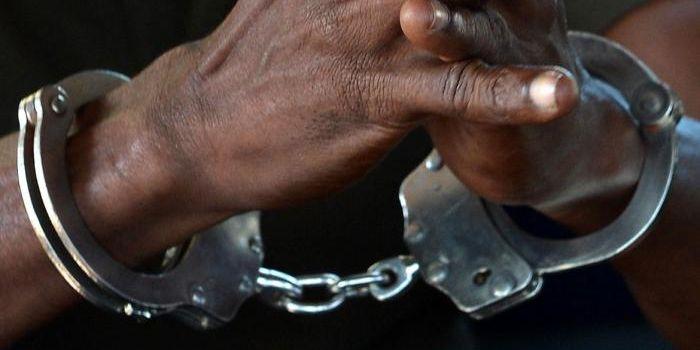
Social media users have been urged to desist from sharing terrorism videos in Somalia
Social media users have been urged to desist from sharing terrorism videos and infographic content as the government enhances its fight against the extremist group Al-Shabaab, which has claimed to be behind various attacks on Kenyan soil.
On Wednesday, August 2, Interior Cabinet Secretary, Kithure Kindiki, stated that government forces neutralised over 60 militia allied with the extremist group after they launched an attack which claimed the life of the wife of a Member of the County Assembly.
“I am happy to report that despite the few evil successes by terrorists, we have neutralized thousands of threats. Many have not been reported because of the nature of the armed,” Kindiki stated while appearing before Parliament.
Speaking to Kenyans.co.ke, Security Analyst, Abdiwahab Abdisamad explained that Al-Shabaab shifted to psychological warfare to counter the government machinery by recording their attacks to cause fear and panic.
“Al Shabaab are no longer a ragtag militia anymore. They have sophisticated weapons,” Abdiwahab Abdisamad, a security analyst, explained.
Oblivious to many social media users in Kenya, Sections of the Prevention of Terrorism Act (POTA), the National Security Act and the Electronic Transactions Act prohibit sharing of materials that spread fear or promote terrorism.
These Laws spell out penalties, including imprisonment of up to 20 years and fines or both.
Section 6(1) of the Prevention of Terrorism Act (POTA) prohibits publishing material promoting terrorism. This includes videos and photos of terrorist attacks and propaganda materials produced by militias.
“A person who knowingly supports or solicits support for the commission of a terrorist act by any person or terrorist group commits an offence and is liable, on conviction, to imprisonment for a term not exceeding twenty years,” the law reads in parts.
As originally enacted in 2002, the Prevention of Terrorism Act (POTA) also prohibits the publication of any material that encourages or glorifies terrorism. Persons guilty of publishing terrorism videos or photos risk sentences of up to 20 years or a fine of up to Ksh1 million.
In 2012, the POTA was amended to include a provision that specifically prohibits the publication of images of dead or injured persons resulting from a terrorist act. This provision was introduced in response to the increasing number of videos and photos of terrorist attacks that were circulated online.
Prevention of Terrorism Act (POTA), however, does not prohibit publishing material for education or research.
However, the exceptions to the prohibition are narrowly defined, and it is important to seek legal advice before publishing any material that could be construed as promoting terrorism.
“There are a number of reasons why sharing Al-Shabaab videos is a crime in Kenya. First, these videos can inspire others to commit acts of terrorism.
“When people see videos of Al-Shabaab attacks, it can make them more likely to commit acts of terrorism themselves. This is because the videos can normalize violence and make it seem like a legitimate way to achieve political or religious goals,” Abdisamad stated.
The Security Analyst also warned that you may unconsciously assist Al-Shabaab in recruiting new members by sharing its videos.
“Third, sharing Al-Shabaab videos can damage Kenya’s reputation. This is because it can make people think that Kenya is dangerous and unsafe for conducting business,” Abdisamad explained.
Sharing of obscene materials is also a violation of the National Security Act. Section 2(1) of the National Security Act prohibits any act that endangers the security of the State. This includes sharing materials that terrorists could use to plan or carry out attacks.
Similarly, the publication of violent materials does offend and violate the Electronic Transactions Act that regulates electronic transactions in Kenya.
Section 28(1) of the Electronic Transactions Act prohibits the publication of any obscene, indecent, or offensive material. This includes videos and photos of terrorist attacks, which could be considered obscene or offensive.
Source: kenyans





